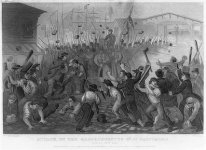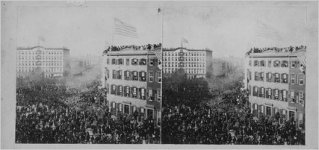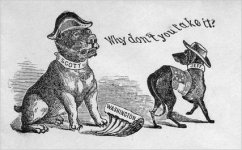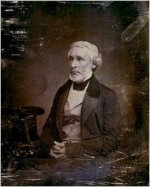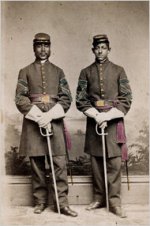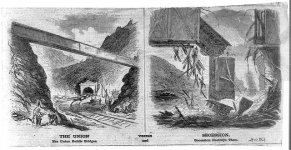Gentle Friends,
In my efforts to move posts by Jay and Lancer to another, more appropriate, thread (Myths about the Civil War), I made a few elementary errors in the process. My apologies to Jay and Lancer.
You will find their posts in the Myths about the Civil War thread, but, unfortunately, the posts appear under my name. At the beginning of each post, I indicated who composed the post in order to make certain the authors received the credit to which they are due for their contributions to the discussion.
I apologize to all for any confusion I have caused.
Warmest personal regards,
Pat :redface2:
:redface2:
In my efforts to move posts by Jay and Lancer to another, more appropriate, thread (Myths about the Civil War), I made a few elementary errors in the process. My apologies to Jay and Lancer.
You will find their posts in the Myths about the Civil War thread, but, unfortunately, the posts appear under my name. At the beginning of each post, I indicated who composed the post in order to make certain the authors received the credit to which they are due for their contributions to the discussion.
I apologize to all for any confusion I have caused.
Warmest personal regards,
Pat
Last edited:


